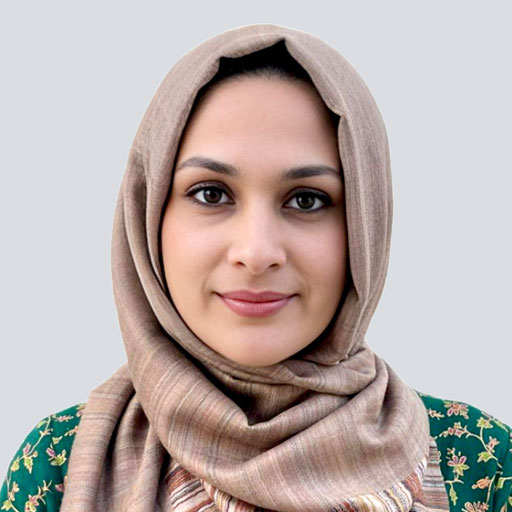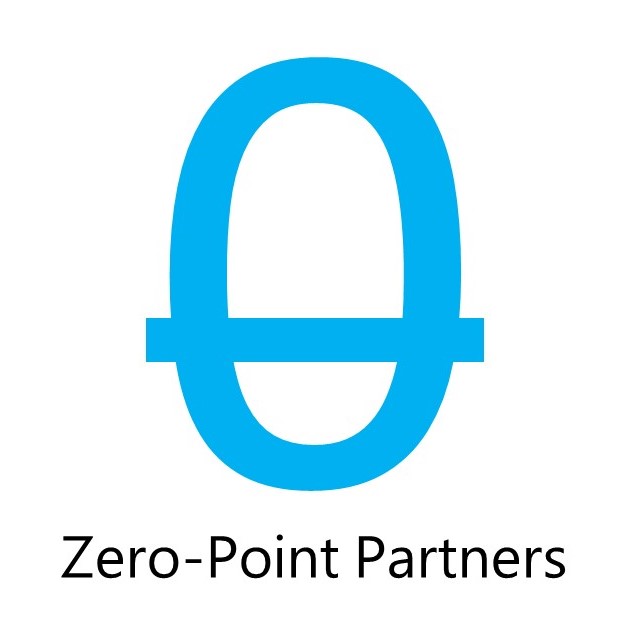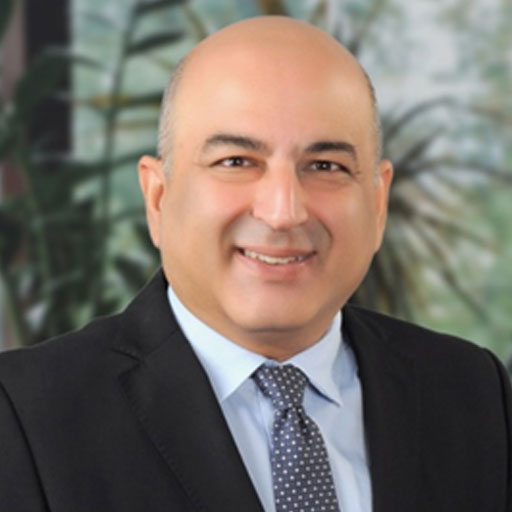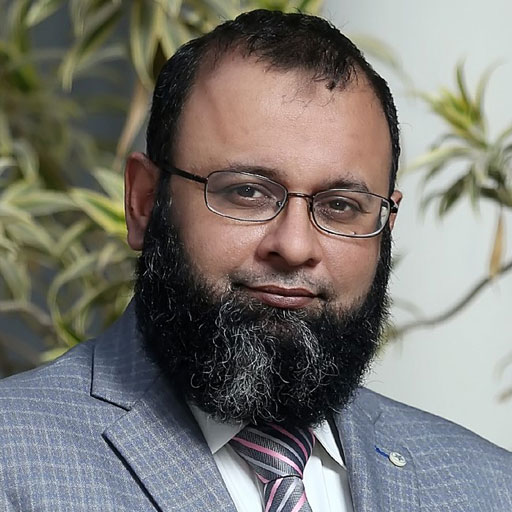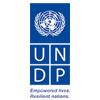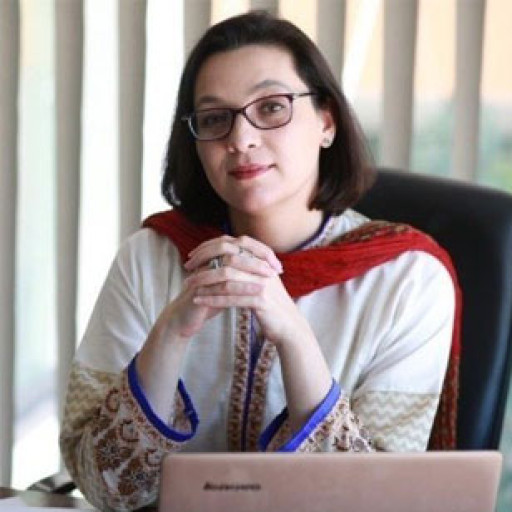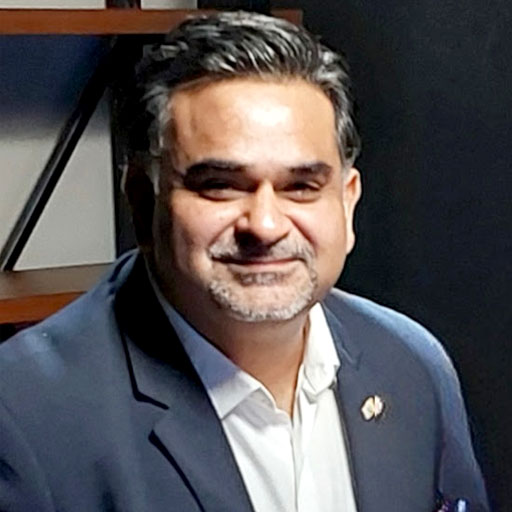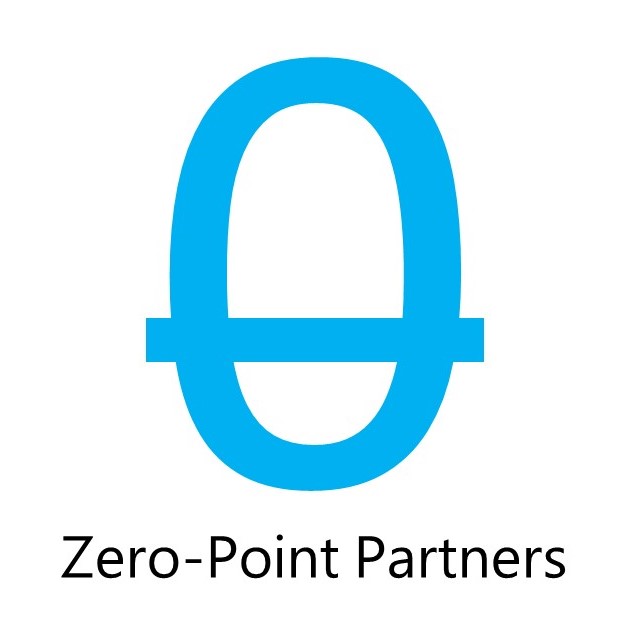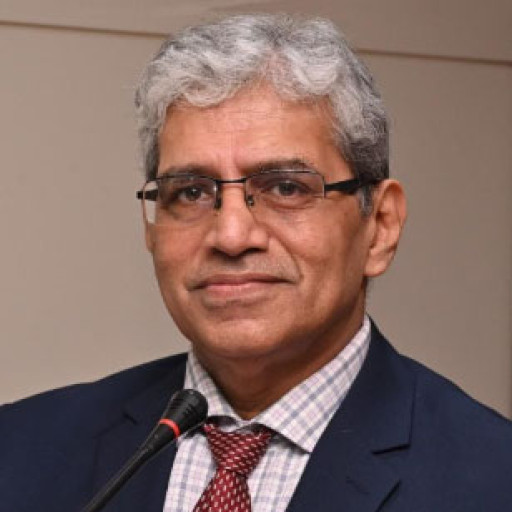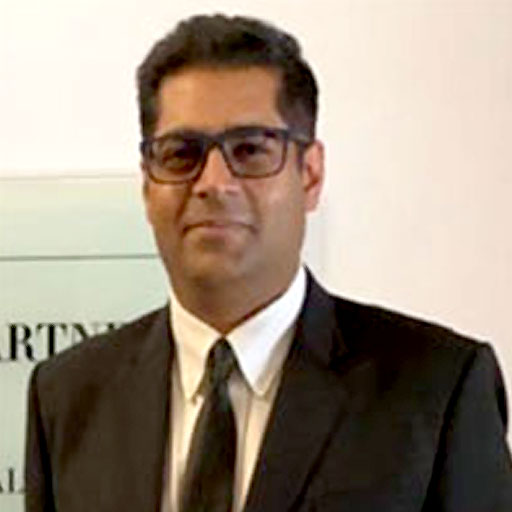About Course
Implementing systematic ESG data management is essential for boards and executive management to ensure regulatory compliance, mitigate risks, gain competitive advantages, and drive long-term value creation while enhancing stakeholder engagement and informing sustainability strategies.
Outline
- ESG (Environmental, Social, and Governance) - significance in today's business landscape & its key components.
- Types of ESG Data & Relevant Data sources
- Importance of Data Quality and Reliability and related best practices
- Approach to key Data Collection and Integration
- Data Analysis and the Reporting requirements
- Data Governance and Security
Faculty

Hussein Hassanali, a distinguished British Pakistani professional, brings over 28 years of extensive global experience in Assurance, Risk, and Information Security. Having served as Head Technology Audit at HBL Internal Audit, his background includes pivotal roles such as CISO at Bank AL Habib Limited and Internal Audit Manager at the Aga Khan University.
Recognized for his contributions to Information Security, he holds a variety of certifications and is actively involved in several industry associations. Some of his certifications include CISM, CRISC, CISA, and CDPSE. He is associated with ISACA Karachi Chapter as President, FPCCI's Standing Committee on Cyber Crimes & Security, and has been involved with various other organizations such as Ernst & Young, UK, and the Aga Khan University.
Partner - StrataG













